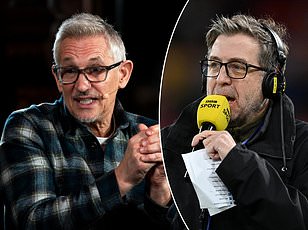Dame Judi Dench and Bill Nighy lead protest against BBC plans to cut drama on Radio 3
Dame Judy Dench and Bill Nighy are just two of the A-list protestors petitioning against the BBC and the Government over their plans to cut drama on Radio 3.
The actors - who have also been joined by Sir Ian McKellen, Sir Tom Stoppard and Helena Bonham Carter - have called on the broadcaster's director-general Tim Davie and culture secretary Lisa Nandy to reverse their decision.
Last week, the Corporation announced that it had been forced to make the 'tough decision' and cut the station's only drama slot because of growing financial pressures.
The station usually broadcasts about 20 commissions of drama each year in its 8pm Sunday slot, but documentary programming will take its place from April onwards.
Addressing Mr Davie and Ms Nandy in a letter, the luminaries asked the Beeb to commit to broadcasting a play of the month on the channel to replace the drama slot.
They also sought reassurances that there will be no reduction in the amount of drama on Radio 4, which currently airs 200 hours of drama to five million listeners a week.
'Audio drama is an art form in its own right. In all its many forms, drama on radio is part of the output which makes the BBC unique and as such needs to remain as a core public service asset,' they said.
'By committing to the above, we can continue to give listeners the opportunity to hear plays by new and established writers as well as new productions with leading actors of British and world classics. Otherwise, the vast majority of the population and all schoolchildren will never have the chance to hear these works virtually for free.'
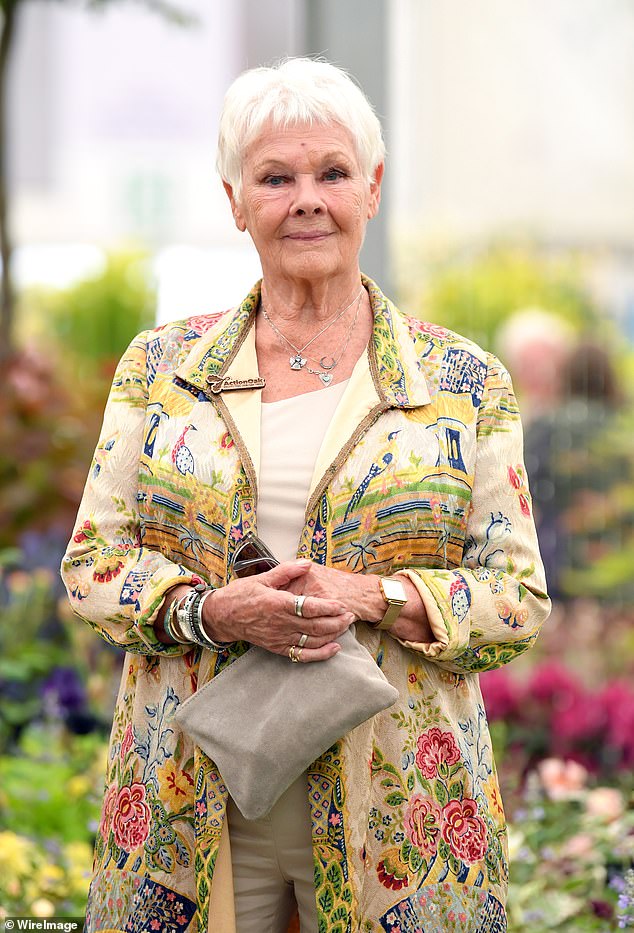
Dame Judy Dench called on the broadcaster's director-general Tim Davie and culture secretary Lisa Nandy to reverse their decision
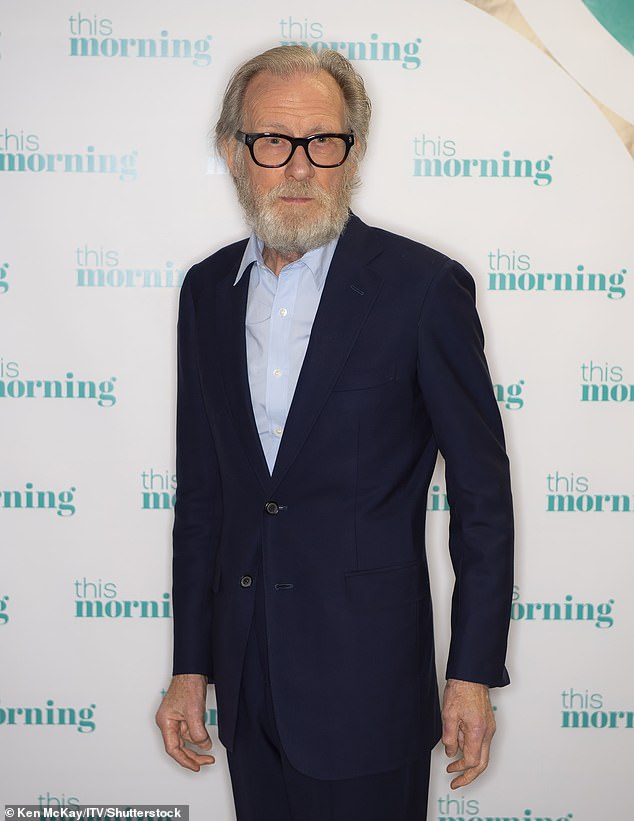
Bill Nighy (pictured) said the cuts were 'heartbreaking' and would lead to listeners 'losing something of great value which is unique in the world
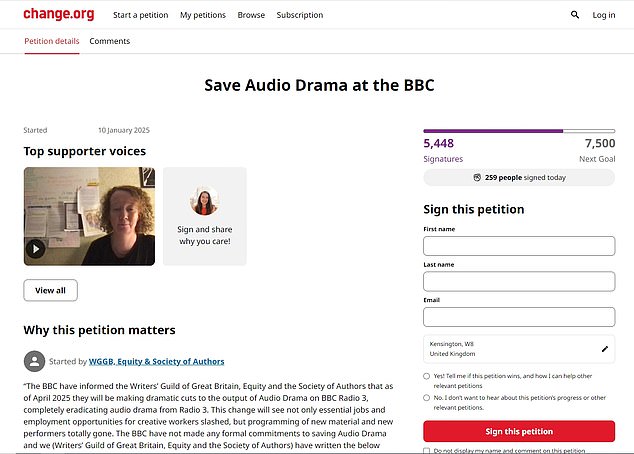
Last week, more than 200 writers and the Writers' Guild of Great Britain, the actors' union Equity and The Society of Authors wrote a protest letter about the BBC's decision and started an online petition
Sir Simon Russell Beale, Alan Bennett, Sir Derek Jacobi, Dame Eileen Atkins, Dame Penelope Keith, Toby Jones, Dame Sheila Hancock, Dame Harriet Walter, Sir David Suchet and Adjoa Andoh have also co-signed the letter.
Many of these stars have featured in Radio 3 adaptations of dramas written by famous writers such as Anton Chekhov, James Joyce and F Scott Fitzgerald.
They accused the BBC of ignoring its commitment to 'back the best British storytelling' and said there was a 'deep concern' that the decision could mean the next Samuel Beckett or Harold Pinter would not be discovered.
They added: 'It has been a breeding ground for writers so who is championing the next generation of playwrights? It has also been a nurturing ground for actors. The world-renowned heritage of the genre is being abandoned by the very people who, for the time being at least, are the very best at making it.'
Speaking on Roger Bolton's Beebwatch podcast, Mr Nighy said the cuts were 'heartbreaking' and would lead to listeners 'losing something of great value which is unique in the world'.
He said: 'The last thing we need to do is silence the one platform which remains clean of commercial imperatives. The BBC has a long-held commitment to drama which I would like to re-remind the commissioners of.'
Last week, more than 200 writers and the Writers' Guild of Great Britain, the actors' union Equity and The Society of Authors wrote a protest letter to The Times about the BBC's decision.
In response, a BBC spokesman said that it is 'sharpening the focus' of Radio 3 as a classical music network.
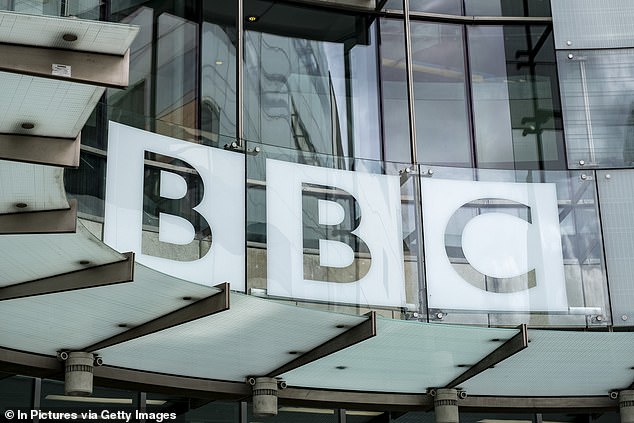
Last week, the Corporation announced that it had been forced to make the 'tough decision' and cut the station's only drama slot due to financial pressures.
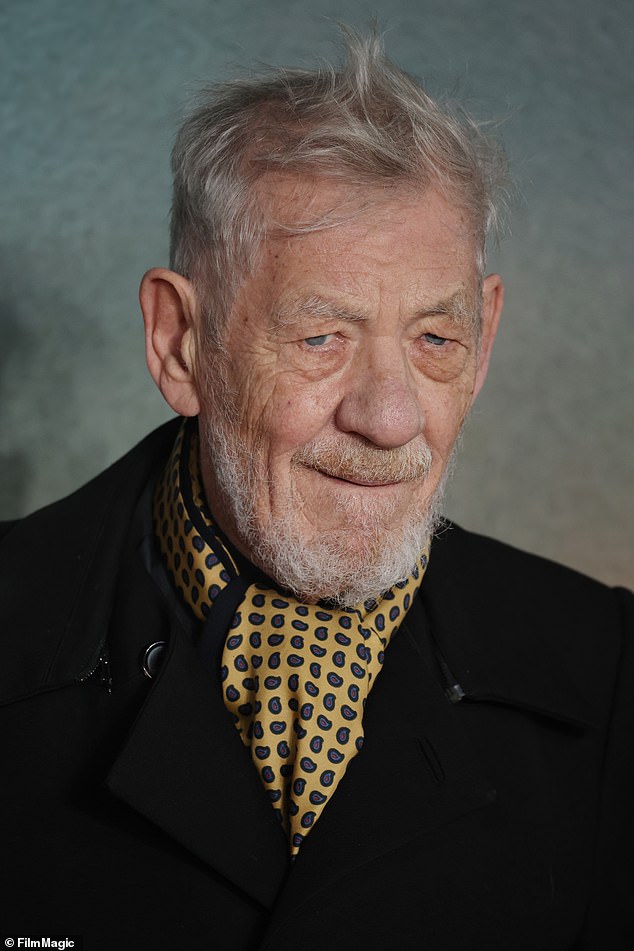
Sir Ian McKellen was another of A-list protestors who signed the letter calling for the BBC to reverse its plans to cut drama on Radio 3
They also added that the broadcaster had increased audio drama production budgets by 10 per cent.
'The BBC will continue to be the biggest original audio drama commissioner in the UK and we are committed to the genre and to working with new and exciting writers as well as bringing a huge range of drama to new and existing audiences,' the spokesperson said.
'We are looking at ways to increase the number of longer plays to maintain the range of creative opportunities within our audio drama offer.'


























